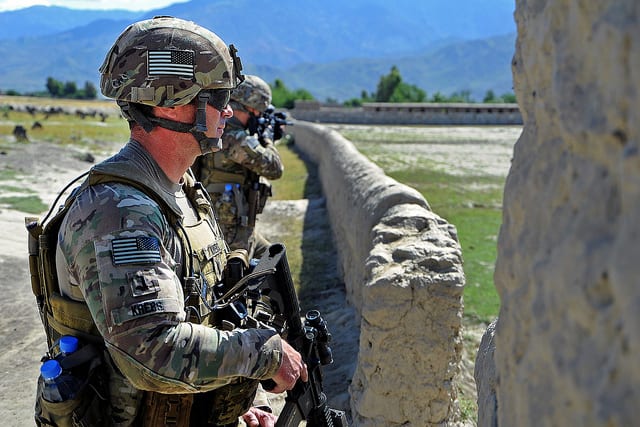Setting boundaries is an important concept in any family. Healthy boundaries allow for peaceful coexistence
“Come now, let us make a covenant, you and I. And let it be a witness between you and me.” So Jacob took a stone and set it up as a pillar. And Jacob said to his kinsmen, “Gather stones.” And they took stones and made a heap, and they ate there by the heap. Laban called it Jegar-sahadutha, but Jacob called it Galeed. Laban said, “This heap is a witness between you and me today.” Therefore he named it Galeed, and Mizpah, for he said, “The Lord watch between you and me, when we are out of one another’s sight. (Genesis 31:44–49)
Early in the morning Laban arose and kissed his grandchildren and his daughters and blessed them. Then Laban departed and returned home (Genesis 31:55).
 Jacob and his wives departed secretly for Canaan (Genesis 31:17–21). When Laban discovered they were gone, he was furious. He determined to find his daughters and that scoundrel of a son-in-law, and bring them back to his home. The difference between the journey of Laban and the journey of Jacob is that God called Jacob on this journey (31:3, 11–13). In fact, God warned Laban in a dream not to harm Jacob (31:24, 29). God’s protection was upon Jacob as he traveled.
Jacob and his wives departed secretly for Canaan (Genesis 31:17–21). When Laban discovered they were gone, he was furious. He determined to find his daughters and that scoundrel of a son-in-law, and bring them back to his home. The difference between the journey of Laban and the journey of Jacob is that God called Jacob on this journey (31:3, 11–13). In fact, God warned Laban in a dream not to harm Jacob (31:24, 29). God’s protection was upon Jacob as he traveled.
The distrust this family felt toward one another was strong, but the purposes of God were stronger. God had plans for Jacob and his family. A confrontation with Laban was overdue, and some family boundaries needed to be set. The men aired over twenty years of grievances and made stipulations for future interaction.1 They gathered a pile of stones as a public witness to the vow of peace they were making. They called on God to witness: “The Lord watch between you and me, when we are out of one another’s sight” (Genesis 31:49b).2 And the two swore they would not pass the pile of stones with the intent to harm each other (31:51–52).
The boundaries set by Jacob and Laban were literal stones that marked the boundaries to the land of Laban and the land of Jacob.3 Setting boundaries meant the end of trouble from Jacob’s difficult father-in-law. The cycle of his interference was broken.
Setting boundaries is an important concept in any family. Healthy boundaries allow for peaceful coexistence. Within extended families, clarify expectations on such things as where to spend the holidays, how to discipline your children, and how often to interact or visit. Boundaries provide protective parameters in a relationship. Jacob’s family could not control Laban, but they could put some distance between them and set boundaries to protect their relationship from further damage.
Respond
Military families often find it challenging to navigate deployments, especially overseas assignments. How have you managed such situations—while preparing, during the assignment, and on your return? What boundaries have you set, or do you see the need to set, with your extended family?
Prayer for the Journey
Lord, help me and my husband to set wise boundaries in all of our relationships. Amen.
1 John H. Walton, The NIV Application Commentary: Genesis (Grand Rapids, MI: Zondervan, 2001), 592.
2 James McKeown, The Two Horizons Old Testament Commentary: Genesis (Grand Rapids, MI: Wm. B. Eerdmans, 2008), 152.
3 Dorothy Kelley Patterson and Rhonda Harrington Kelley, editors, Women’s Evangelical Commentary: Old Testament (Nashville, TN: B&H Publishing, 2011), 77.




